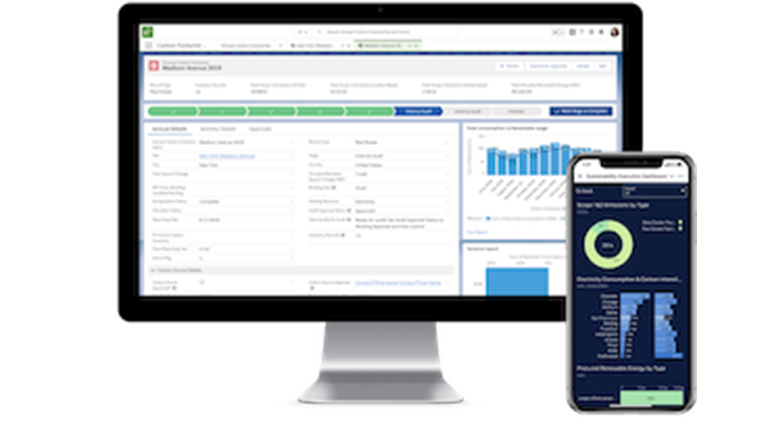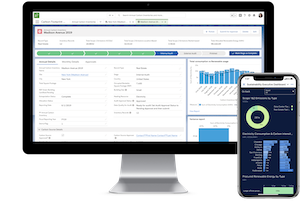In recent years, sustainable practices are at the centre of every discussion. Treaties and regulations like the Paris Agreement and the EU non-financial reporting directive (NFRD) 2014/95/EU are at the forefront of international policy. And companies around the world are embracing sustainability to protect the planet.
Businesses are being encouraged to adopt more sustainable practices. It’s not only good for the environment, it’s good for their commercial goals as well.
Renewi is one of the companies showing the way in terms of sustainable business. They’re transforming the waste recycling sector with its waste-to-product vision. Rather than incinerating the waste or sending it to a landfill, Renewi aims to turn waste into value. They do this by either recycling or using it for energy recovery.
We spoke to Marc Lensen, Head of Marketing at Renewi, about the organisation’s work surrounding sustainable practices, “Everyone needs our service, we all have waste,” he said. “Sometimes it’s a big part of your industry or sometimes it’s just a small part of the facility service, but everyone has a waste ‘problem’, and we’re here to serve them.”
A focus on sustainable practices
There’s no getting away from the fact that sustainability is a vitally important issue for businesses. Marc believes that the Paris Agreement was a wake-up call, as well as the global COVID-19 pandemic. People have learned that we need to be more careful with resources and waste management, but the solution isn’t always obvious.
“We want to help our customers reach the point where they don’t have waste anymore, but instead they have more resources for their company.”
A focus on sustainable practices helps futureproof a business. And despite what some people might think, sustainability and profitability do go hand-in-hand.
“Every company should realise that every little step will help put sustainability next to your approach,” explained Marc. “Without sustainability, there’s no economic future, and every step closer to realising your company’s behaviour should change will increase the economic lifetime of your company.”
For banks looking to give credit to large organisations, sustainability is one of the factors in their decision-making processes. And it’s not just banks and financial institutions either. Investors understand the importance of ESG (environmental, social, and governance) investments and are looking closely at businesses’ ESG credentials. And many will be willing to walk away from investing in a business that doesn’t have the proof of its sustainable practices.
Technology’s role in Renewi’s sustainable practices journey
Marc explained how technology helps Renewi to do its job effectively in a digitalised world. “Solutions like Salesforce make it easier, giving us information that helps us in every new customer contact. It’s so important that we have a partner in systems and cloud software that supports us in doing our job.”
He believes that technology and innovation are key to any business looking to maintain a balance between sustainable practices and commercial goals.
If recycling new products is more expensive than just throwing them away, how is Renewi looking to innovate to maintain that balance? The answer lies in a ‘circular economy’, where waste is collected and sold onwards to other companies who have a need for it.
“What might look like waste to you will find a new destination,” said Marc. “Don’t burn it, don’t incinerate it, because some other organisation will use it.”
“We’re able to find a new home for all waste, and you’d be amazed at what you can make from these new resources.”









